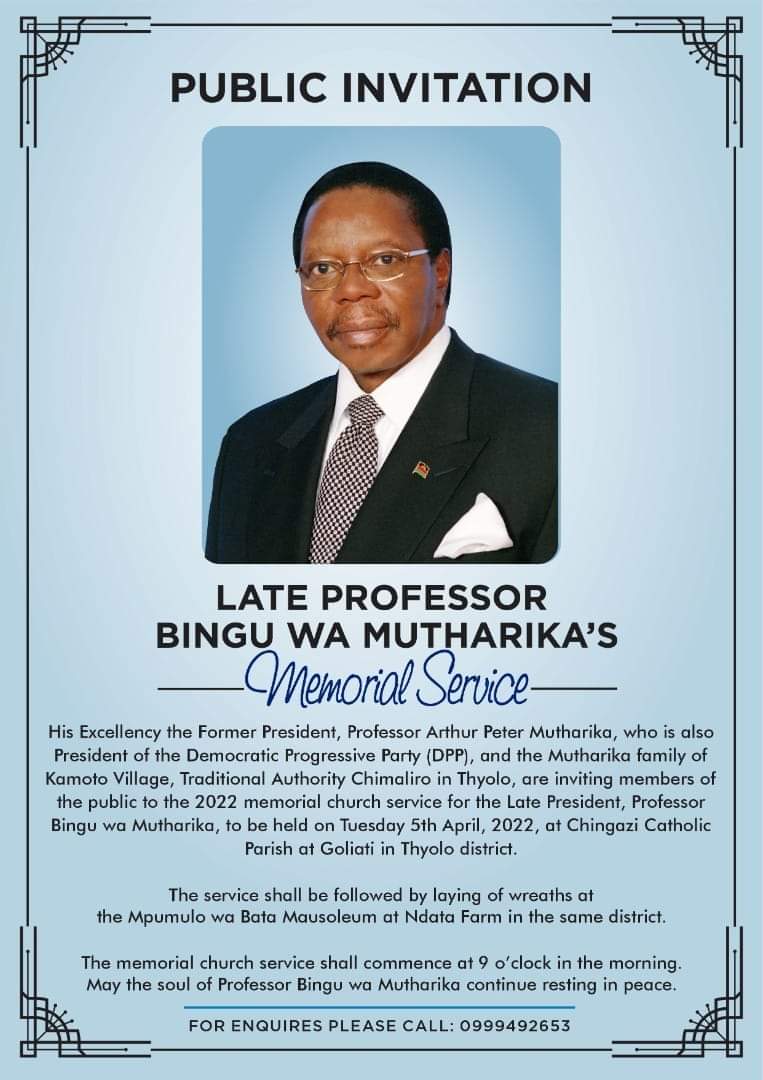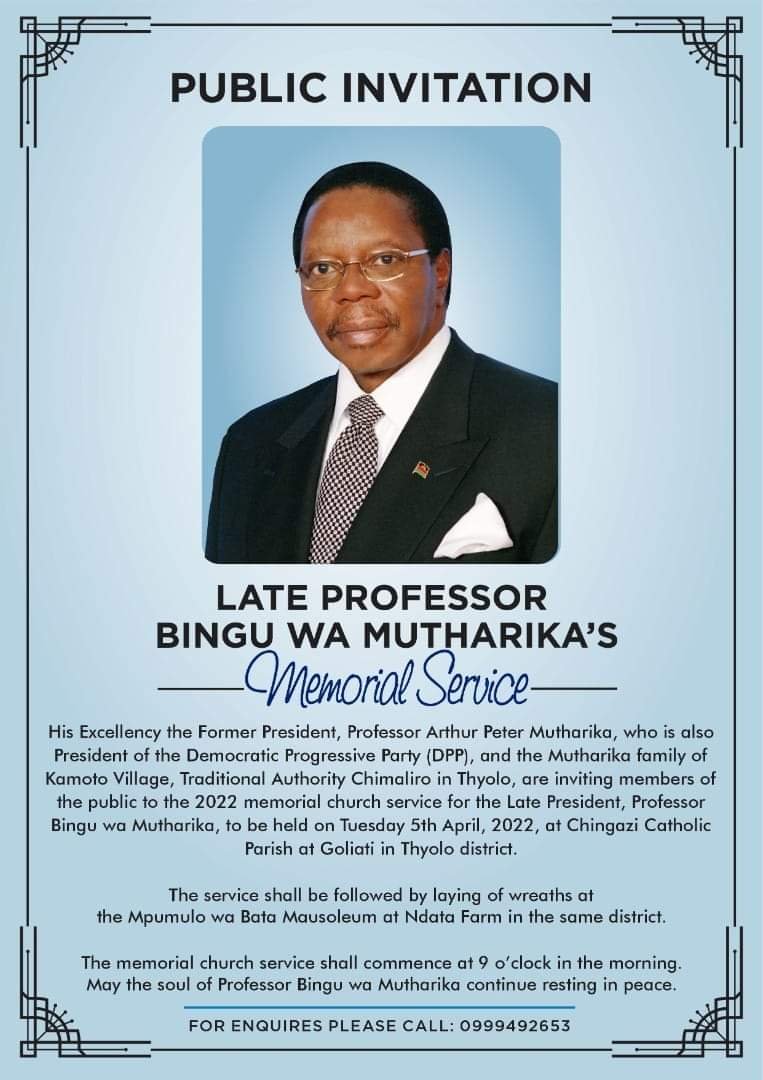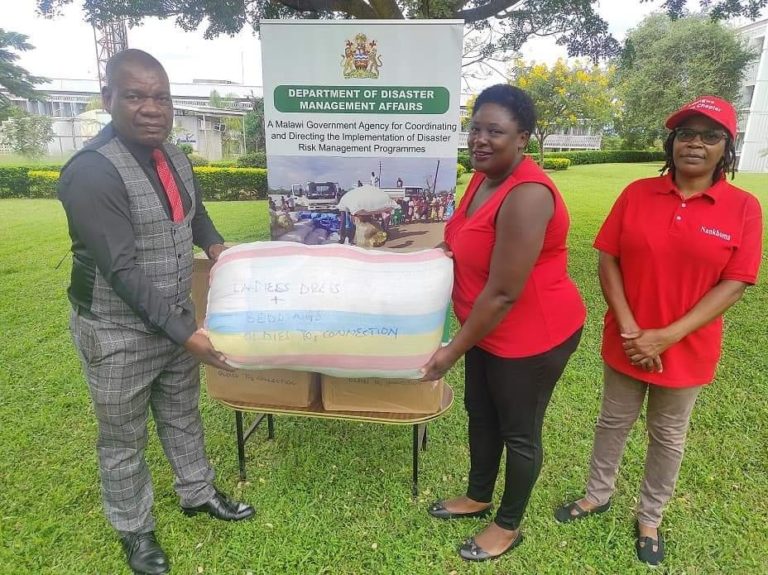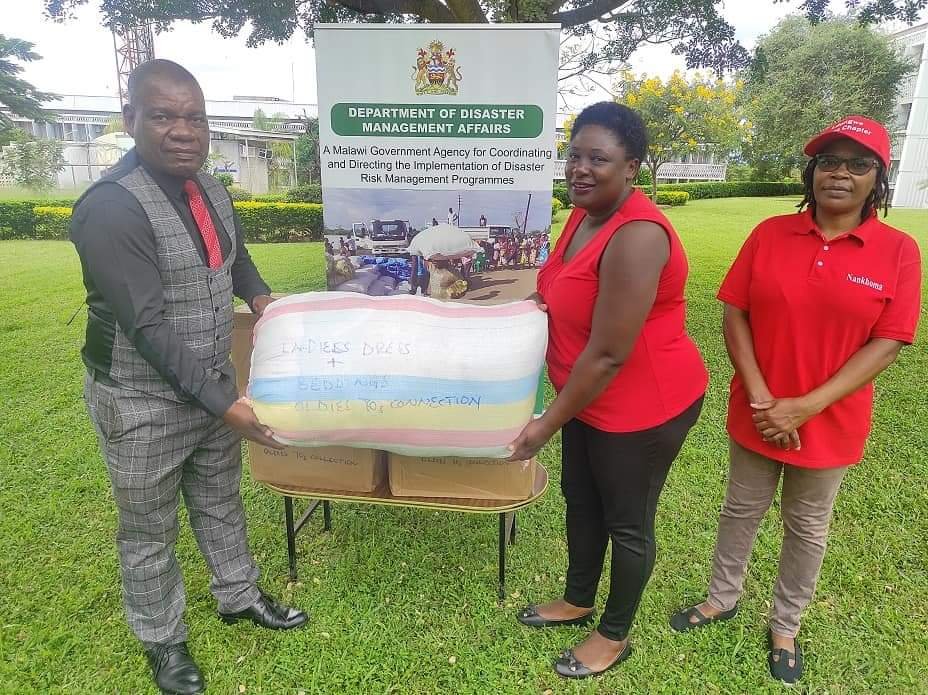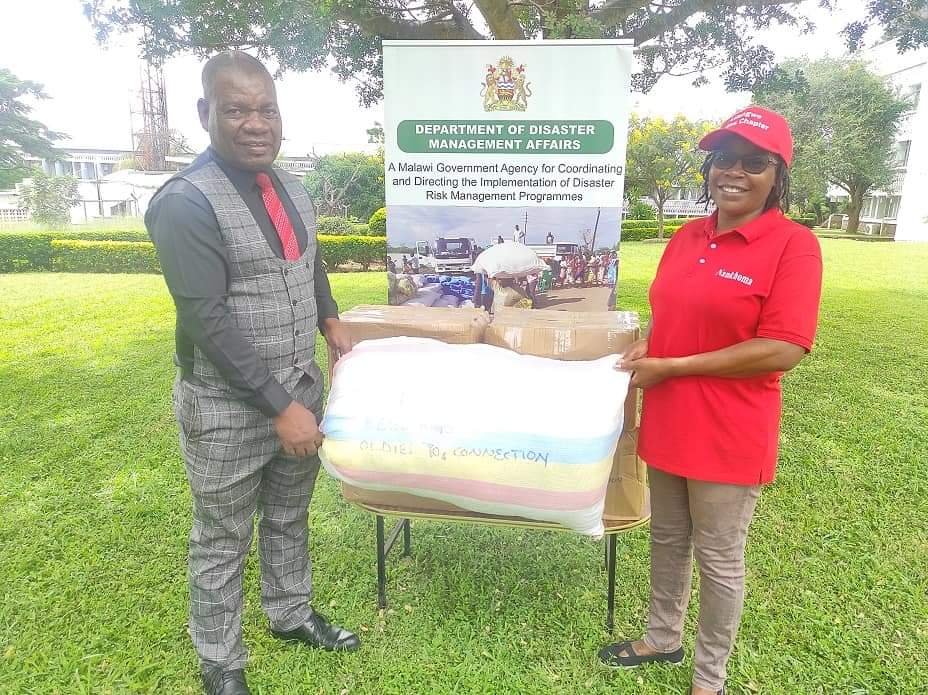By Staff Reporter
Former Flames captain John Maduka who won his first ever South Africa’s DStv Premiership Coach-of-the-Month accolade last night has dedicated the award to his team Royal AM as well as his family and friends.
Maduka won the award for the month of February and his player at Royal, Mxolisi Macuphu also won the 2021/22 Player of the Month award.
The former Silver Strikers player has since described the award as a special thing to him and has thanked his team for giving him enough support this season

“I’m very excited to have this award. It is my first one as a coach and it is very special for me. I thank God and my family for the support they have been giving me.”
“I would also like to thank my players, they have been working very hard and my technical team as well as the management, it is a collective effort,” said Maduka.
Maduka who was appointed coach of the club, formerly Bloemfontein Celtic, in July 2020, was named Coach of the Month for February and beat Marumo Gallants’ Dan Malesela, Cape Town City’s Eric Tinkler, and Mamelodi Sundowns duo Manqoba Mngqithi and Rulani Mokwena.
The 51-year-old guided Royal to pick 11 points from their five games from February 7 to March 20.


